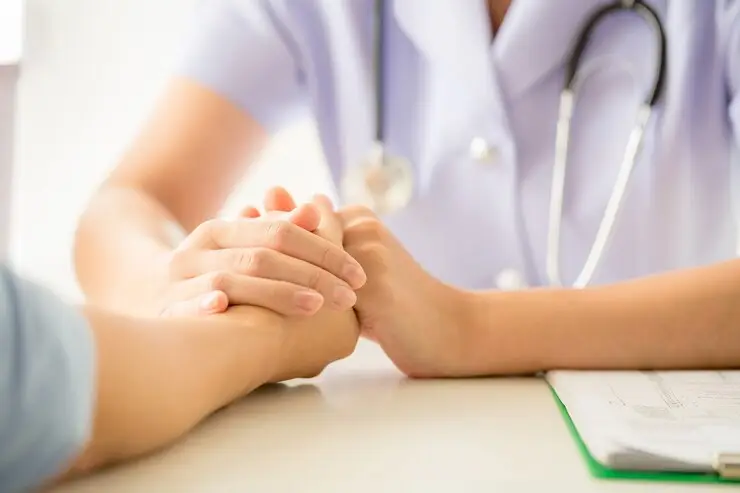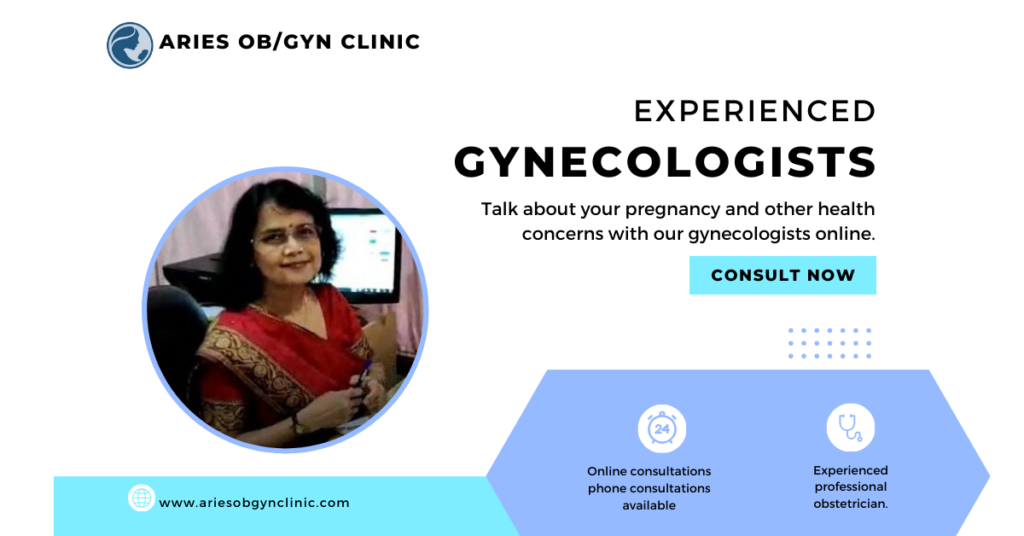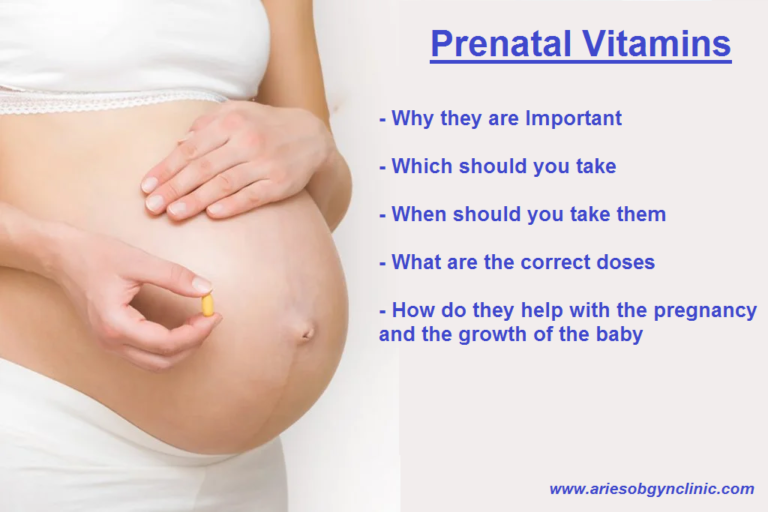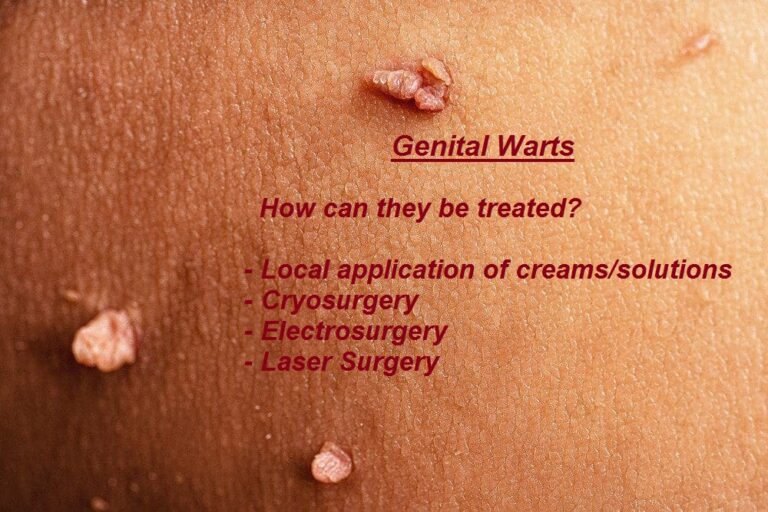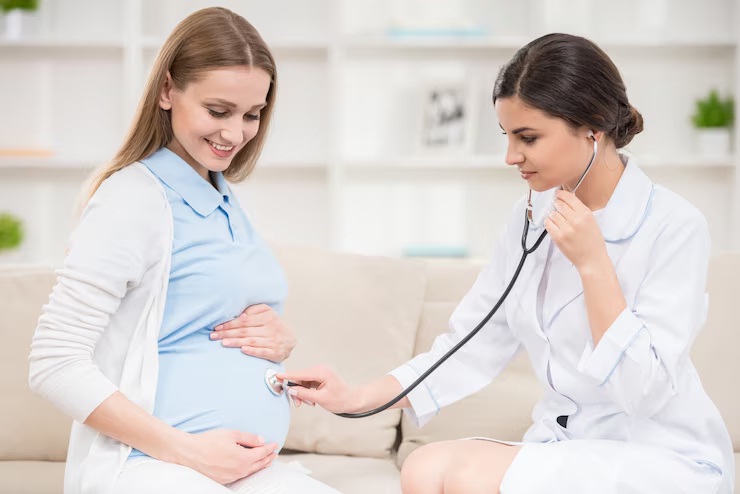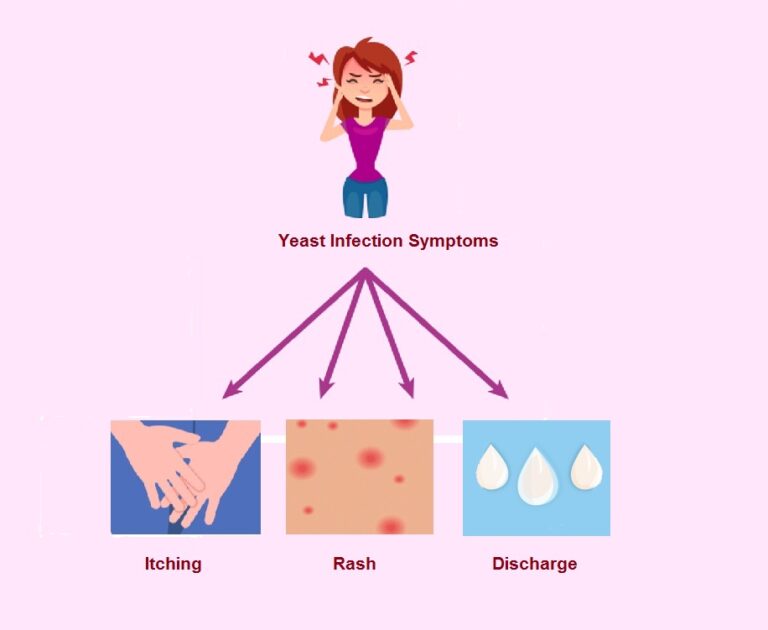Menopause means the cessation of menstruation or periods at around the age of 50-55 years. A woman must have had no periods at all for at least one year to be said to have attained menopause.
Although the term menopause is used to describe all the symptoms which occur at this age, the actual medical term is ‘ Climacteric’.
Climacteric is the transitional phase lasting for 1-5 years in which a woman’s body changes in response to a the decreasing secretion of estrogens and progesterones from the ovaries. It not only means the cessation of menstruation, but also symptoms like hot flashes, excessive sweating, decreasing metabolism, increase in body weight etc.
Climacteric includes perimenopause as well as menopause.
The perimenopause is the 3-5 year period in which the estrogen levels start to decrease – the periods may be irregular at this time and some of the symptoms of menopause may start to occur.
When does menopause occur??
In most women , menopause occurs between the ages of 45 -55 years, with an average of 51 years. In women who have undergone surgery to remove the ovaries, it may occur as soon as the ovaries are removed – this is known as ‘surgical menopause’.
The age at which menopause occurs is genetic – a woman is likely to get her menopause at around the same age as her female relatives, especially close relatives like her mother or sisters. Other factors like the general health or medical conditions like endometriosis and polycystic ovarian disease can speed up the age at which menopause occurs.
What are the symptoms of menopause?
Besides the loss of periods, a very common and distressing symptom of menopause is a hot flash. Hot flashes are sudden feelings of warmth and sometimes extreme heat, usually accompanied by excessive sweating. The feelings are most intense over the face, neck and chest. Hot flashes occur due to a decreased level of ostrogen and an increasing level of another hormone known as Follicle Stimulating Hormone (FSH).
Other menopausal symptoms are weight gain, osteoporosis or thinning of the bones, constipation, breast changes, changes in the texture of the hair and skin, loss of libido (decreased interest in sex) and mood swings.
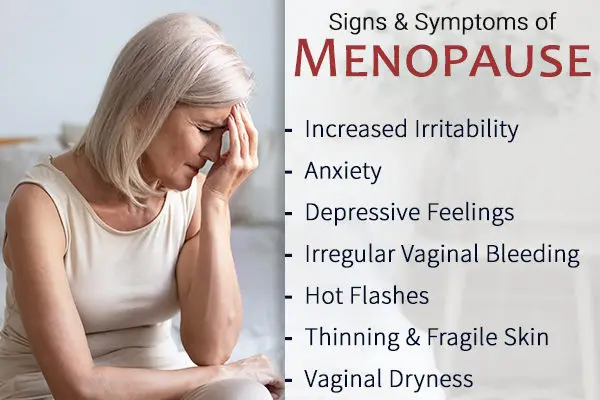
How can the symptoms of menopause be treated?
The main treatment of menopause is by hormone replacement therapy (HRT). By this method, estrogen is prescribed as a supplement to improve the estrogen levels in the blood. While estrogen supplements do decrease the symptoms, there may be side effects like increased risks of developing blood clots in the blood vessels, increased risk of heart attacks and increased risks of developing cancers of the uterine lining (endometrium), breasts and ovaries.
So, all women need to be assessed very carefully before prescription of HRT.
Are there natural methods by which menopausal symptoms can be decreased to some extent?
Improvement in the lifestyle can decrease menopausal symptoms. Regular exercises can stimulate the intestines and prevent constipation. Regular exercise can also stimulate the body metabolism and prevent weight increase.
A balanced diet will provide adequate amounts of carbohydrates, proteins, fats and minerals and vitamins like calcium and iron. It should also provide for adequate fibres for roughage since there is a tendency to develop constipation at this time. Fluids are also a necessary part of the diet.
Menopause is thus a time of change and all women need care and support during this time.
Read Questions and Answers on Pregnancy and Gynecology
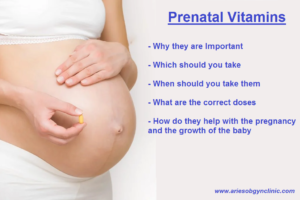
Prenatal Vitamins – Why they are important
Prenatal Vitamins helps development of the baby and ensures a healthy pregnancy
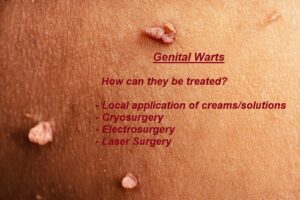
How are Genital Warts treated?
Genital Warts are caused by the Human Papilloma Virus (HPV) and is one of the most common sexually transmitted diseases.

Pregnancy care in Guwahati: What to Expect
Pregnancy care involves caring for both the pregnant mother as well as the unborn baby in the uterus.
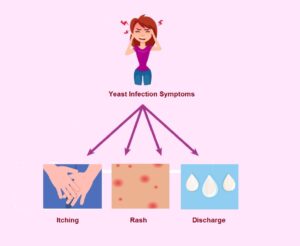
I think I have a yeast infection
I think I have a yeast infection. I had vaginal itching earlier and it is itching again now. What should i do?

I think I have Bacterial Vaginosis
I think I have bacterial vaginosis. I have a vaginal discharge with a fishy odor since the last few days. When should I see a doctor?
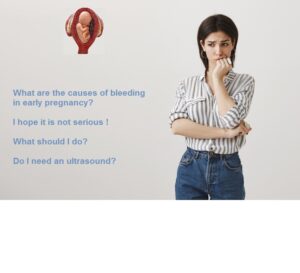
I am in early pregnancy and have dark brown discharge
Early pregnancy bleeding. What is wrong with me? What should I do?

